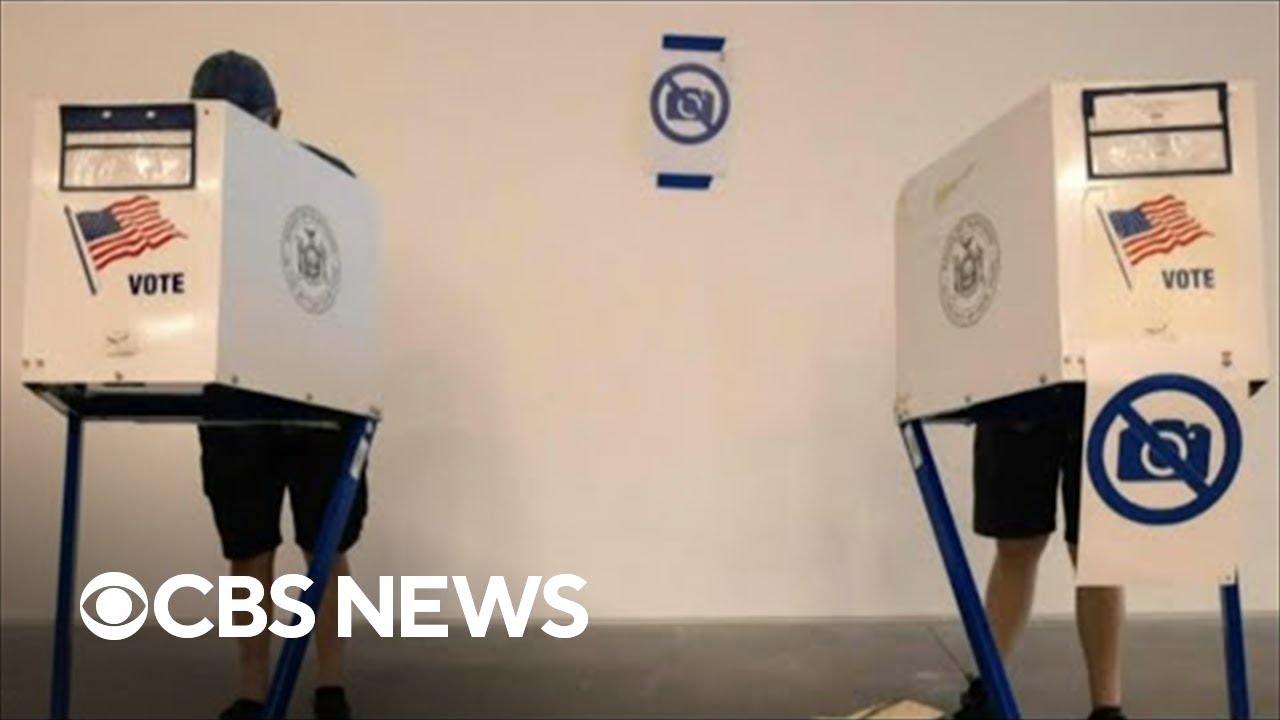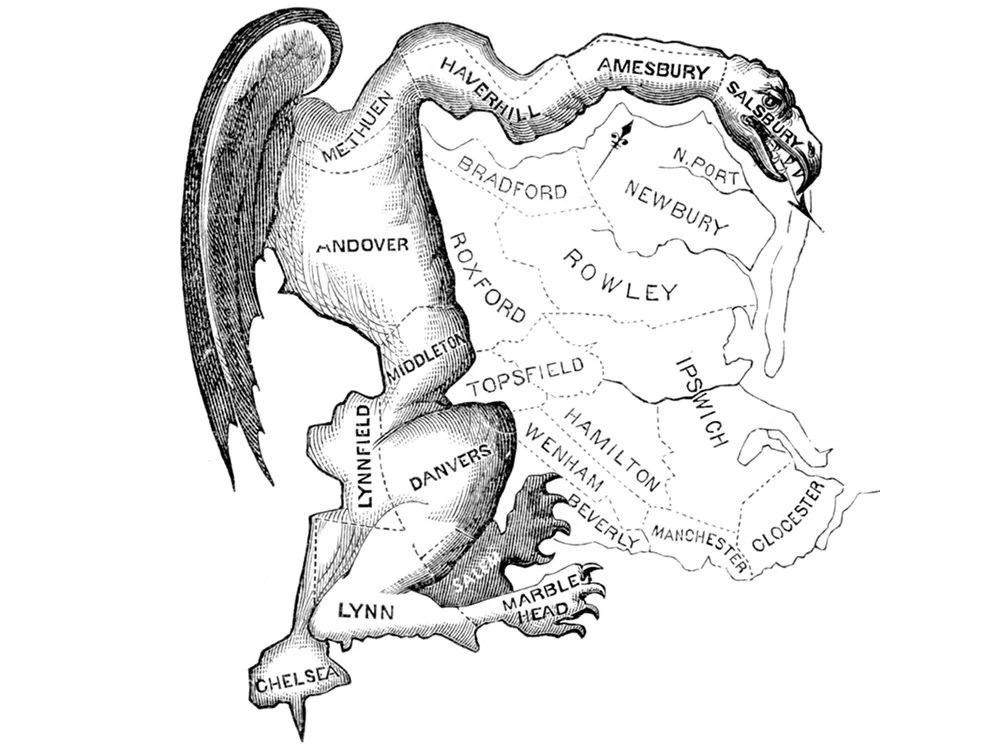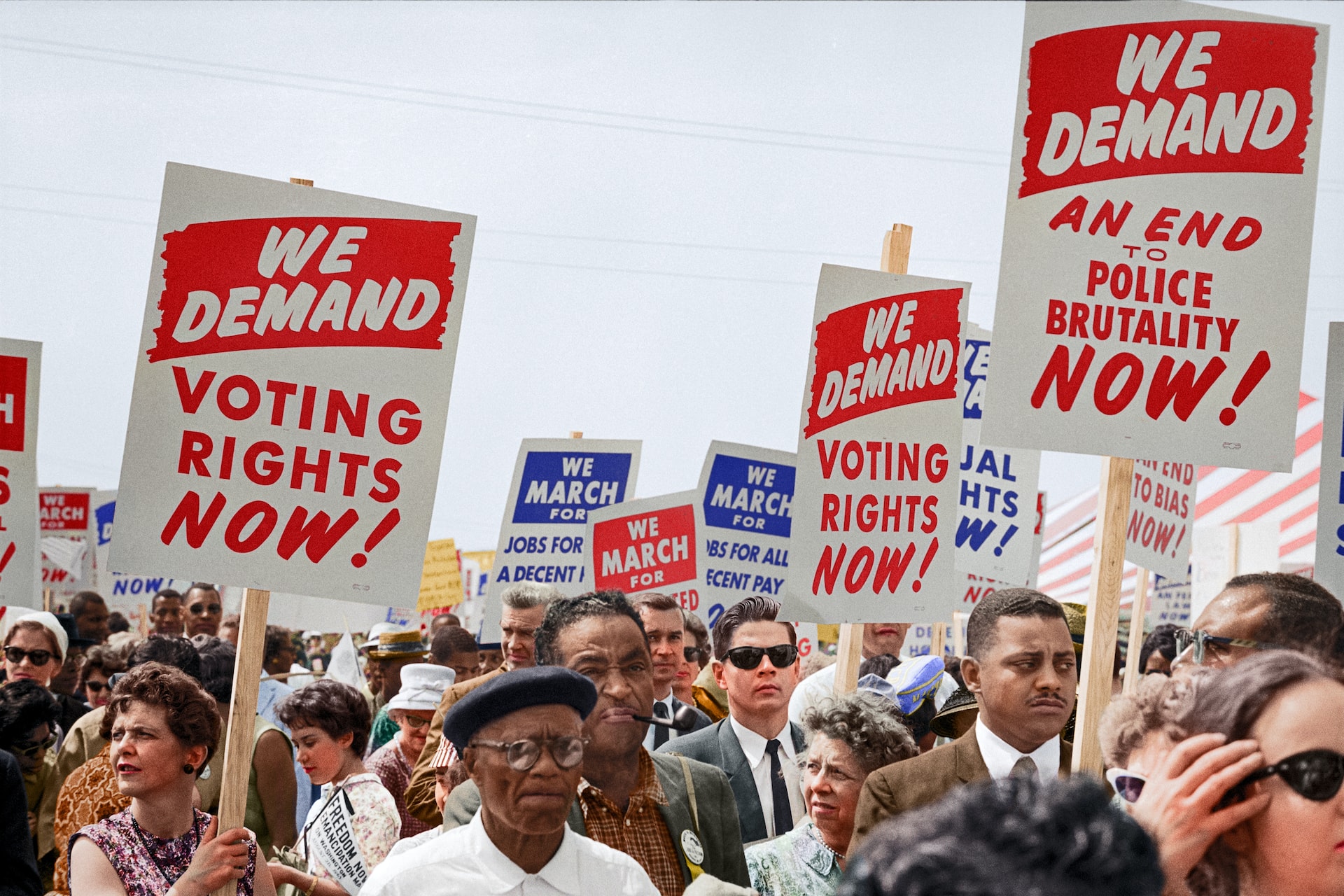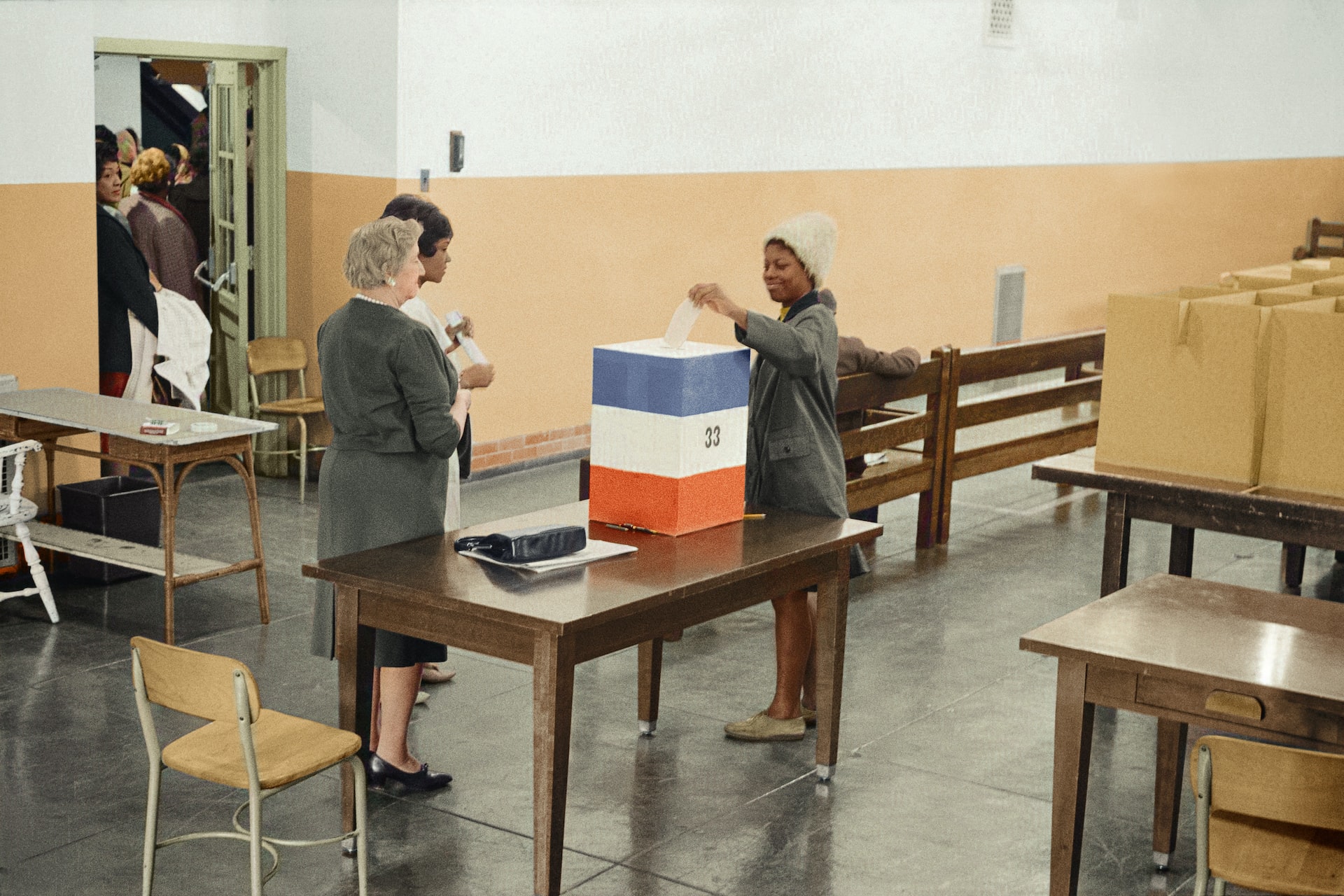Voting Rights Challenged - Latest Race Discrimination In Alabama
A state’s decision that dares to oppose a 57-year-old landmark voting rights law has already reached the U.S. Supreme Court. In Alabama, civil rights groups started to voice out their concern regarding the state’s electoral map. Upon scrutiny, it diminishes the voting powers of minority voters. For civil rights groups, that touches on racial discrimination.
Author:K. N.Oct 05, 202234.1K Shares975.6K Views

It appears that in its October 4 hearing of the arguments about Alabama redistricting cases which impacts voting rights, the Supreme Court favors the state in its recent actions.
The nearly two-hour long hearing involved the electoral map created by the Republican party that tends to diminish the voting power of Black voters, reported Reuters.
In defense of his fellow Republicans, Alabama Solicitor General Edmund LaCour, Jr. upheld the decision of the party. Three federal judges, namely, Ketanji Brown Jackson, Elena Kagan, and Sonia Sotomayor, grilled him in court.
All three female justices - Jackson, the 116th justice of the U.S. Supreme Court and the first black woman to be sworn in as one - are liberals.
The conservative justices who attended the hearing, according to the report, leaned toward some of the arguments presented by LaCour.
As the aforementioned electoral map affects their voting rights, the Black voters sought to know whether it’s legal or not. For them, the redistricting appeared to be discriminatory.
Twenty-seven percent of the population of Alabama are composed of registered Black voters.
The Republican’s electoral map shows that the party placed a huge chunk of the Black voters in one district. As for the remaining ones, the republicans scattered them across different districts.
This kind of redistricting that happened will cause the influence of the Black voters to wane.
Jackson, Kagan, and Sotomayor as well as the Black voters themselves deemed these actions as contradictory to what the Voting Rights Act of 1965 stands for.
If the voting rights of the Black voters is at stake, how will the Supreme Court further proceed with this legal matter?

Alabama challenge to Voting Rights Act heard by Supreme Court
Alabama’s Brewing Race Discrimination?
America’s 1965 Voting Rights Act basically aims to safeguard voting rights. It likewise intends to protect Black voters from racial discrimination.
However, Ketanji Brown Jackson and her two fellow justices alleged that the redistricting conducted by the Republicans challenges the fundamental purpose of the said voting law.
According to TV network Al Jazeera, Edmund LaCour, Jr. clarified that the Republicans did not violate any law when they created the electoral map.
During the hearing, he said that the process was done “in a lawful [and] race-neutral manner.”
LaCour also explained to the Supreme Court justices what Jackson, Kagan, and Sotomayor were trying to get at, saying:
“„They argued that Section 2 of the Voting Rights Act requires Alabama to replace its map with a racially gerrymandered plan maximizing the number of majority-minority districts.- Edmund Gerard LaCour, Jr., Solicitor General, Attorney General’s Office, Alabama
For Associate Justice Amy Coney Barrett, a conservative, the electoral map created does not automatically mean the Republicans or the state of Alabama planned to discriminate Black voters.
Setting aside the allegations of voting rights violation, Barret said that she perceived the redistricting cases as something that tackle “equal opportunity.”
Gerry The Salamander
To explain the term used by Edmund LaCour, Jr. here’s a quick detour from the voting rights issue.
In the U.S., per Encyclopedia Britannica, gerrymandering is a political practice considered unfair and undemocratic.
Political or partisan gerrymandering is a way for one party to use electoral district boundaries to gain advantage over other parties.
Racial gerrymandering is all about reducing the voting power of minority groups. This one is what’s happening in Alabama, upsetting the voting rights of its Black voters.
American author Richard Alsop (1761-1815) coined the term “The Gerry-mander,” according to Smithsonian magazine, based on an illustration by American cartoonist Elkanah Tisdale (1768-1835).
In 1812, when he was still the governor of Massachusetts, Elbridge Gerry (1744-1814), the fifth U.S. vice president (1813-1814), implemented a law about state senatorial districts.
One district had an outline that nearly resembled a mythical winged salamander.

The U.S. Voting Rights Act Of 1965
What a way to celebrate the ongoing National Voter Education Week in the U.S.!
The newsof the voting rights of the Black people in Alabama seemingly getting trampled on makes the celebration not only timely but more significant than ever before.
President Lyndon Johnson (1908-1973) signed into law the Voting Rights Act (1965) on August 6, 1965, to ban previous voting practices that tend to discriminate.
Now in its 57th year, this voting law becomes embroiled in a legal battle in Alabama.
The state faces accusations of denting the Voting Rights Act and squashing the Black people’s voting power as it introduced the electoral map in question.
Black Voters Matter
In the name of fairness and equality, Black votes should count. That’s what Associate Justice Ketanji Brown Jackson ensures to be put into action through the upholding of the voting rights.
Jackson questions the impartiality in Alabama’s redirection cases.
That’s what the nonprofit Brennan Center for Justice (est. 1995) at New York University School of Law generally warns about redistricting:
“„The redistricting process remains all too vulnerable to racial discrimination and partisan manipulation.- Brennan Center for Justice, New York University School of Law

According to the Associated Press, Associate Justice Elena Kagan pointed something out to Solicitor General Edmund LaCour, Jr.
At the hearing, she made him realize that he and his party are trying to somehow make them, the Black voters, fine-tune the Voting Rights Act of 1965 to suit their interest.
What would be left of that law if Republicans like him pushed hard their redirection on them, asked Kagan.
In the end, the voting rightsof the Black people along with the white citizens of the U.S. must be the same.

K. N.
Author
Latest Articles
Popular Articles

